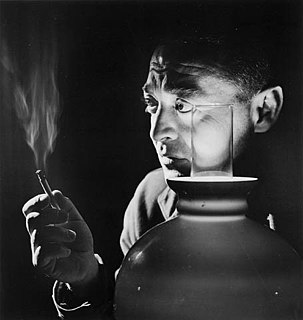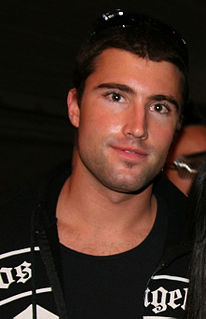A Quote by Jonathan Franzen
Just as the camera draws a stake through the heart of serious portraiture, television has killed the novel of social reportage.
Related Quotes
We can put a stake through the heart of Islamic State as an army. We can put a stake through the heart of its leaders. You can take away its territory. But you can't put a stake through the heart of the ideas, of the ideology, that sadly, tragically, still has some attraction for some small numbers in the Islamic faith.
The difference does not lie in the things that news does that novels do not do, but in the things that novels do that news cannot do. In other words, this basic technique of news - just one among many - is something a novel can use, but a novel can deploy a multitude of other techniques also. Novels are not bound by the rules of reportage. Far from it. They're predicated on delivering experience.
I'm very heavily involved in the editorial post-production process, and the camera - it's just such a big part of my storytelling language. I like creating the tension; I like creating the emotion through the movement of my camera, or the lack of movement through my camera, depending on what fits the scene best.



































